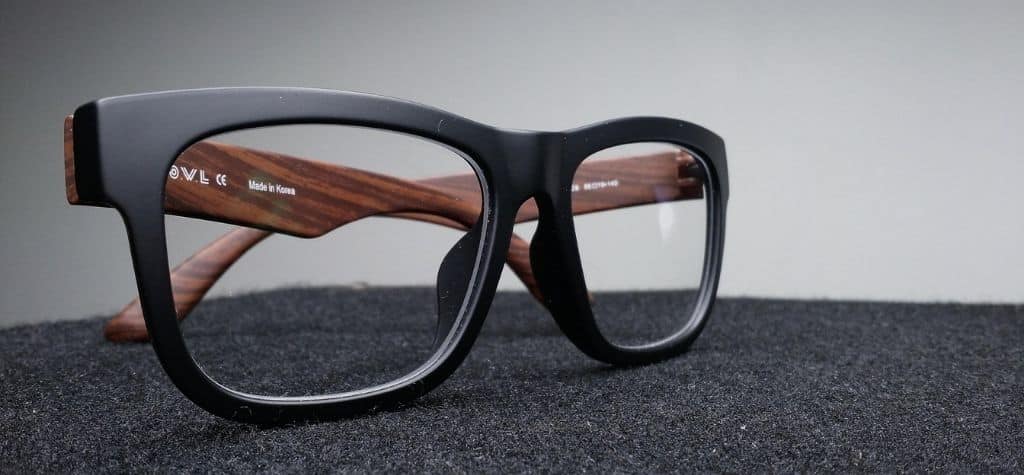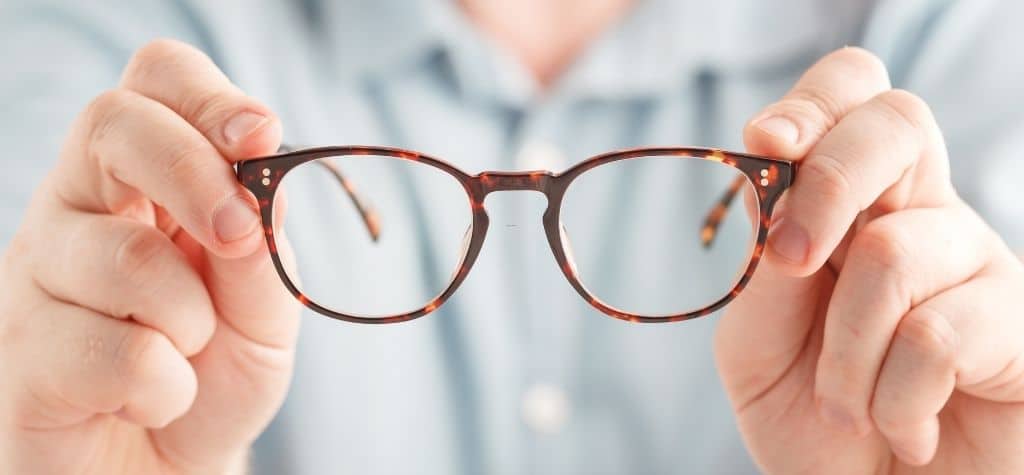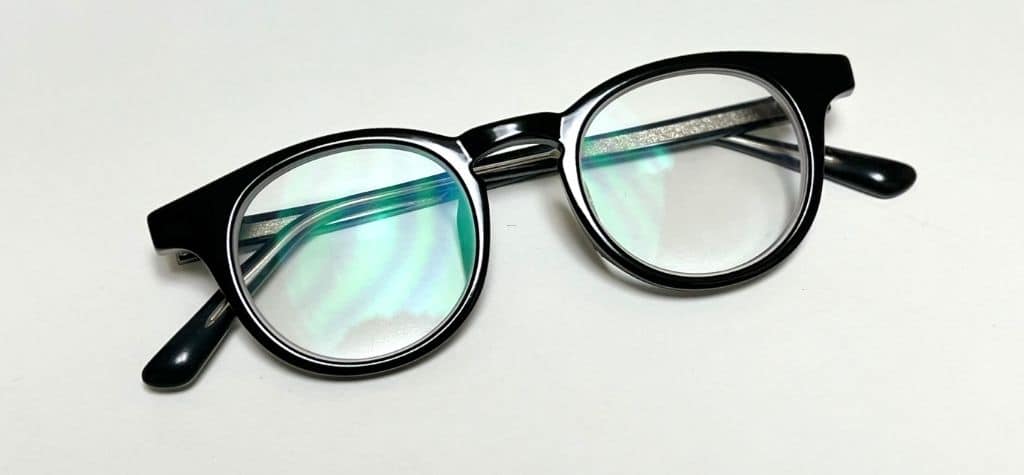Why Knowing How Glasses Are Made Matters

Understanding how glasses are made isn’t just a nerdy curiosity — it’s about appreciating the engineering, design, and technology behind a product you rely on every day. From prescription lenses to stylish frames, the process is more intricate than you might think.
Step 1: Choosing the Right Frame Material
It all begins with the material. Manufacturers select from options like:
- Acetate: Durable, lightweight, and vibrant in color.
- Metal: Sleek and modern, usually stainless steel or titanium.
- Wood, Carbon Fiber, or Recycled Plastics: For eco-conscious or high-end styles.
Each material determines the look, feel, and function of the final product.
Step 2: Melting and Molding the Base Material
The chosen raw material is heated and molded into a slab or block. For acetate, this involves layering colorful sheets and compressing them into a block called a “bloom.”
Step 3: Precision Frame Cutting and Shaping
Using CNC (Computer Numerical Control) machines, the frame shape is cut with pinpoint accuracy. This step ensures consistency across thousands of identical frames.
Step 4: Frame Polishing and Surface Finishing

The rough-cut frames undergo polishing in barrels filled with wood chips or using hand-polishing machines to achieve a smooth finish. The goal is comfort and aesthetic appeal.
Step 5: Color Coating and Pattern Printing
Frames are dipped, sprayed, or printed with various designs. For unique patterns, heat-transfer or laser-printing techniques are used, especially for custom designs and luxury eyewear.
Step 6: Adding Hinges and Hardware
Next, small but essential parts like hinges and nose pads are attached. These components are fixed with heat, glue, or screws, depending on the frame type.
Step 7: The Art of Lens Crafting
Lens production starts with selecting raw lens blanks. These are made from:
- Polycarbonate
- High-index plastic
- Glass (rare today)
They’re cut, polished, and shaped based on your prescription.
Step 8: Lens Coating for UV, Anti-Glare, and Scratch Resistance

Advanced coatings make lenses high-performing. Typical coatings include:
- Anti-reflective (AR) coating
- UV protection
- Blue light filter
- Scratch-resistant layer
These treatments enhance comfort and durability.
Step 9: Lens Cutting and Insertion into Frames
Lenses are cut to match the frame shape using edgers, which grind and bevel the lenses. Then, they’re carefully popped into the frame, ensuring perfect alignment.
Step 10: Quality Control and Inspection
Each pair of glasses goes through rigorous testing. Inspections check:
- Frame symmetry
- Lens power accuracy
- Alignment and fitting
Some brands even conduct human wear tests for comfort evaluation.
Step 11: Packaging and Branding
Once approved, glasses are cleaned, branded, and packaged. They’re boxed with:
- A cleaning cloth
- Protective case
- Instruction manual or care guide
Step 12: From Factory to Face — The Final Journey

The finished product is shipped to retailers or directly to customers. Some brands offer direct-to-consumer models, ensuring affordability and convenience.
FAQs About How Glasses Are Made
Q1: How long does it take to make a pair of glasses?
It typically takes between 1 to 10 days, depending on the prescription complexity and manufacturing method.
Q2: Are glasses made by hand or machines?
Both. Machines handle cutting and shaping, while finishing, polishing, and assembly often involve skilled human hands.
Q3: What makes designer frames more expensive?
Premium materials, intricate designs, brand reputation, and hand-finishing drive up costs.
Q4: Can lenses be recycled?
Most lenses aren’t recyclable due to coatings, but some sustainable eyewear brands are working on solutions.
Conclusion: The Craftsmanship Behind Every Pair
Your glasses are more than vision aids — they’re the result of science, technology, and artistry. From raw material to final polish, the process of making glasses is a blend of precision engineering and human craftsmanship. The next time you put on your frames, you’ll know just how much went into making them perfect for you.

